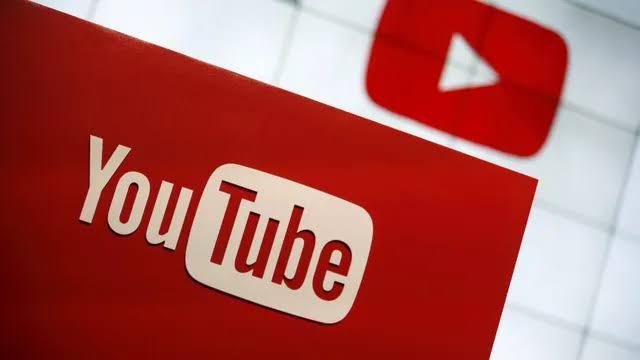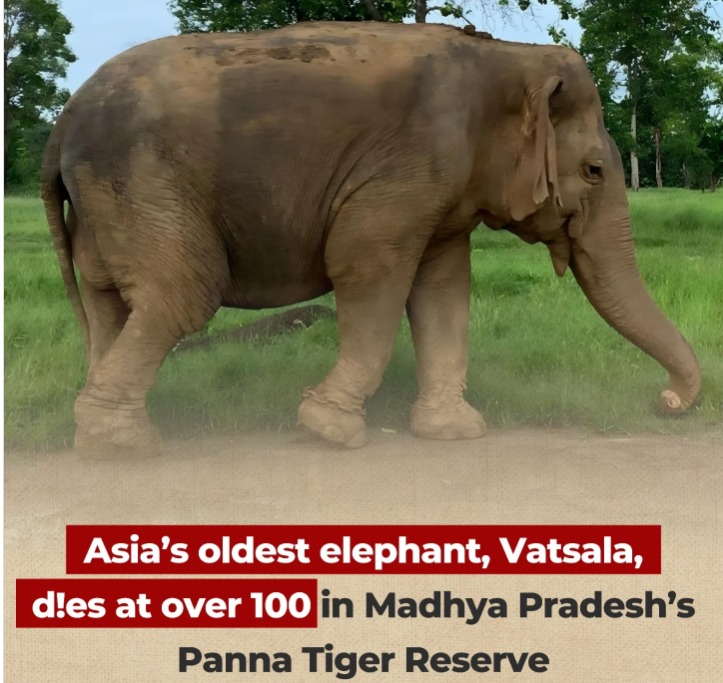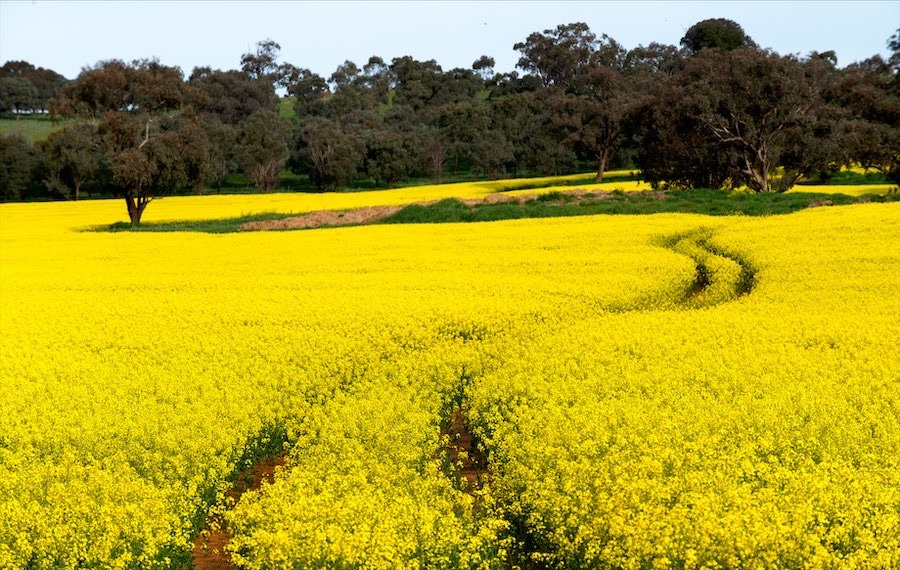 Image Source: Social Samosa
Image Source: Social Samosa
Key Highlights
YouTube is introducing a significant overhaul of its monetization policy on and after July 15, 2025, aimed at channels that post copied, mass-produced, or low-effort AI-created videos. It is a clear reaction to the explosion of so-called "AI slop"—low-effort, low-touch videos made with little human effort, often played out with robot voices, stock images, or repeat templates—that has saturated the site and devalued it for advertisers and viewers alike.
What's Changing?
The new policy clarifies and restates YouTube's longstanding original and authentic content requirement to be a qualifier for ad income in the YouTube Partner Program (YPP).
Publishers that release counterfeit content—like AI-created listicles, robot-sounding slideshows, or recycled videos with minimal or no editing—will have their revenues slashed or lose monetization.
Reaction videos, transformatory content, and fresh commentary in clip format are viable as long as they present significant new value or information.
Who's at Risk?
The update targeted specifically creators who are employing AI voices, avatars, or robot scripts to mass-produce similar videos. Faceless channels and channels mass-producing almost identical uploads via AI are most likely to be demonetized.
We also include gaming streams, VTubers, and other creators who use AI tools in their content as qualified if they incorporate original voiceovers, commentaries, or narratives in their content.
The policy does not alter the eligibility thresholds (1,000 subscribers and 4,000 public watch hours or 10 million Shorts views), but originality and creativity will now play a greater role in reviews.
Why Now
YouTube describes that the shift is needed so that spam and low-quality content won't overwhelm the platform's ecosystem since AI technology has made it easier to produce. Viewers and advertisers have complained about having too much artificial, repetitive material, prompting YouTube to determine monetizable content.
Looking Ahead
The policy goes into effect around the world on July 15, 2025, and further ad category updates are also being made.
YouTube encourages creators to use AI tools in editing and storytelling, but insists that human creativity and originality are key to making money on the platform.
Sources: India Today, The Verge, TechCrunch, Times of India
Advertisement
Advertisement







